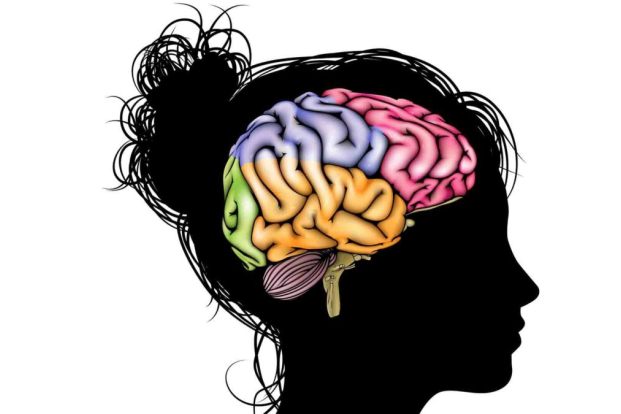What are Neurological Disorders?
Apr 19, 2022
A disorder in the body’s nervous system which includes the brain, spine, and nerves is called a Neurological Disorder. There are more than 600 neurological disorders and conditions which affect the human nervous system and for many of the treatment options are extremely limited. In addition, to the physical and mental toll these conditions take on patients, their families and caregivers, they also have an enormous economic impact, resulting in huge medical expenses and lost productivity.

Neurological disorders are health conditions involving the nervous system. A result of a neurological disorder is a disease or injury of the central nervous system that causes paralysis of any part of the body. In many cases, accidental damage to brain, spinal cord, or nerves can be the cause of neurological disorders. Due to biomedical reasons also neurological disorders come and exist.There is also a branch called as pediatric neurology which is concerned with neurological problems with children below 18 years age.
These Neurological disorders include diseases of the central and peripheral nervous system like brain,spine,nerves,nerve roots, neuromuscular junction, muscles and autonomous nerves system resulting in Epilepsy, Parkinson’s diseases, tumors and many more while there are the number of conditions where the disease attack nervous system itself like cancer and infections.
According to WHO stats “Millions of people worldwide are affected by neurological disorders in which more than more than 6 million people die because of stroke each year, over 80% of these deaths take place in developing countries &more than 50 million people suffer from epilepsy. It is also estimated that there are globally 47.5 million people with dementia with 7.7 million new cases every year – Alzheimer’s disease is the most common cause of dementia and may contribute to 60–70% of cases. The presence of a migraine is more than 10% worldwide“.
If you or your loved one is suffering from any neurological disorder, please consult a neurologist or a neurosurgeon at the earliest.
The common neurological disorders are:
- ALS
- Alzheimer’s disease
- Back pain
- Bell’s palsy
- Birth defects of the brain and spinal cord
- A brain aneurysm
- Brain injury
- Brain tumor
- Cerebral palsy
- Chronic fatigue syndrome
- Concussion
- Dementia
- Disk disease of neck and lower back
- Dizziness
- Epilepsy
- Guillain-Barré syndrome
- A headache – cluster
- A headache – tension
- Migraine Headaches
- Multiple sclerosis
- Muscular dystrophy
- Neuralgia
- Neuropathy
- Neuromuscular and related diseases
- Parkinson’s disease
- Psychiatric conditions (severe depression, obsessive-compulsive disorder)
- Scoliosis
- Seizures
- Spinal cord injury
- Spinal deformity
- Spinal disorder (subacute combined degeneration)
- Spine tumor
- Stroke
- Vertigo







